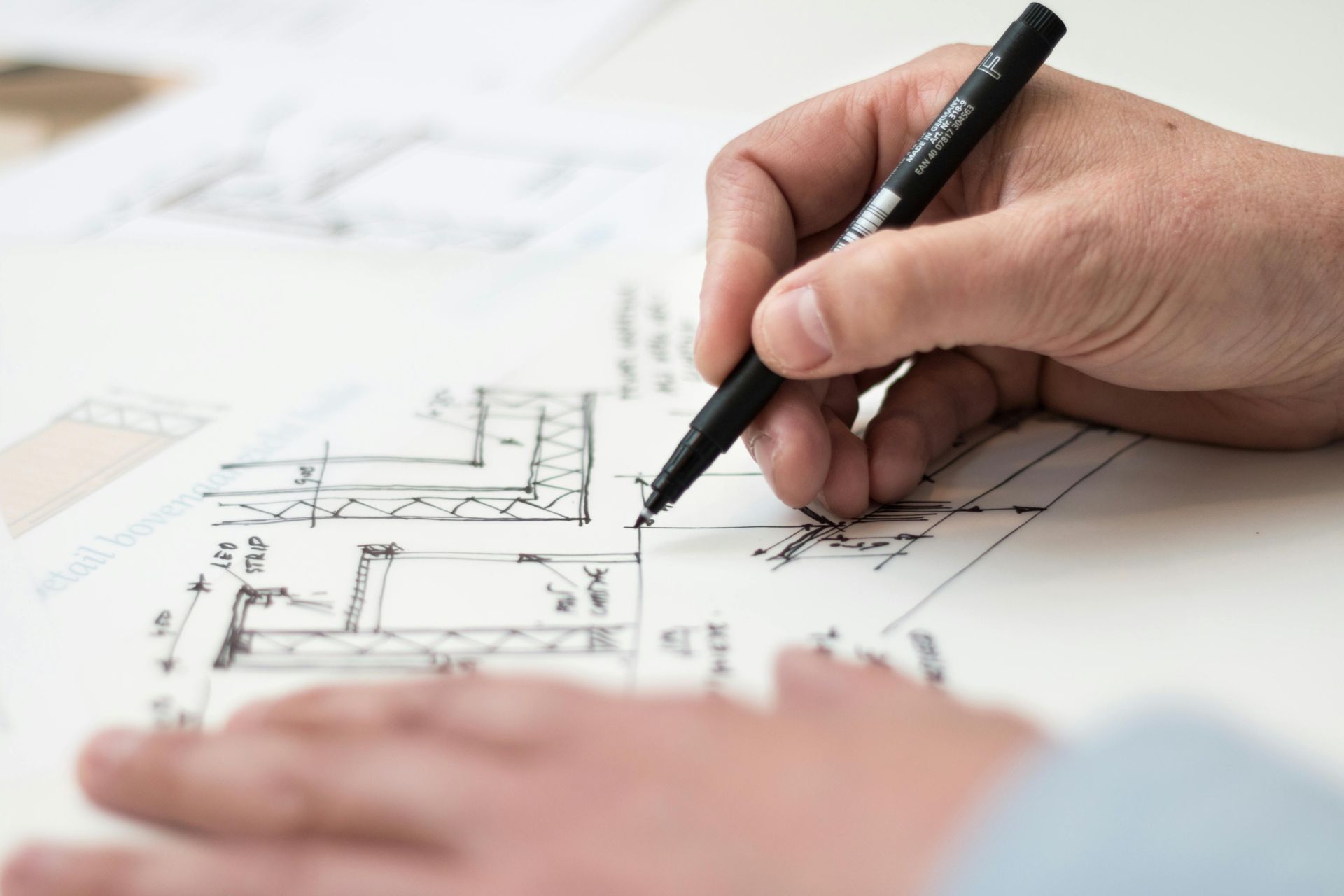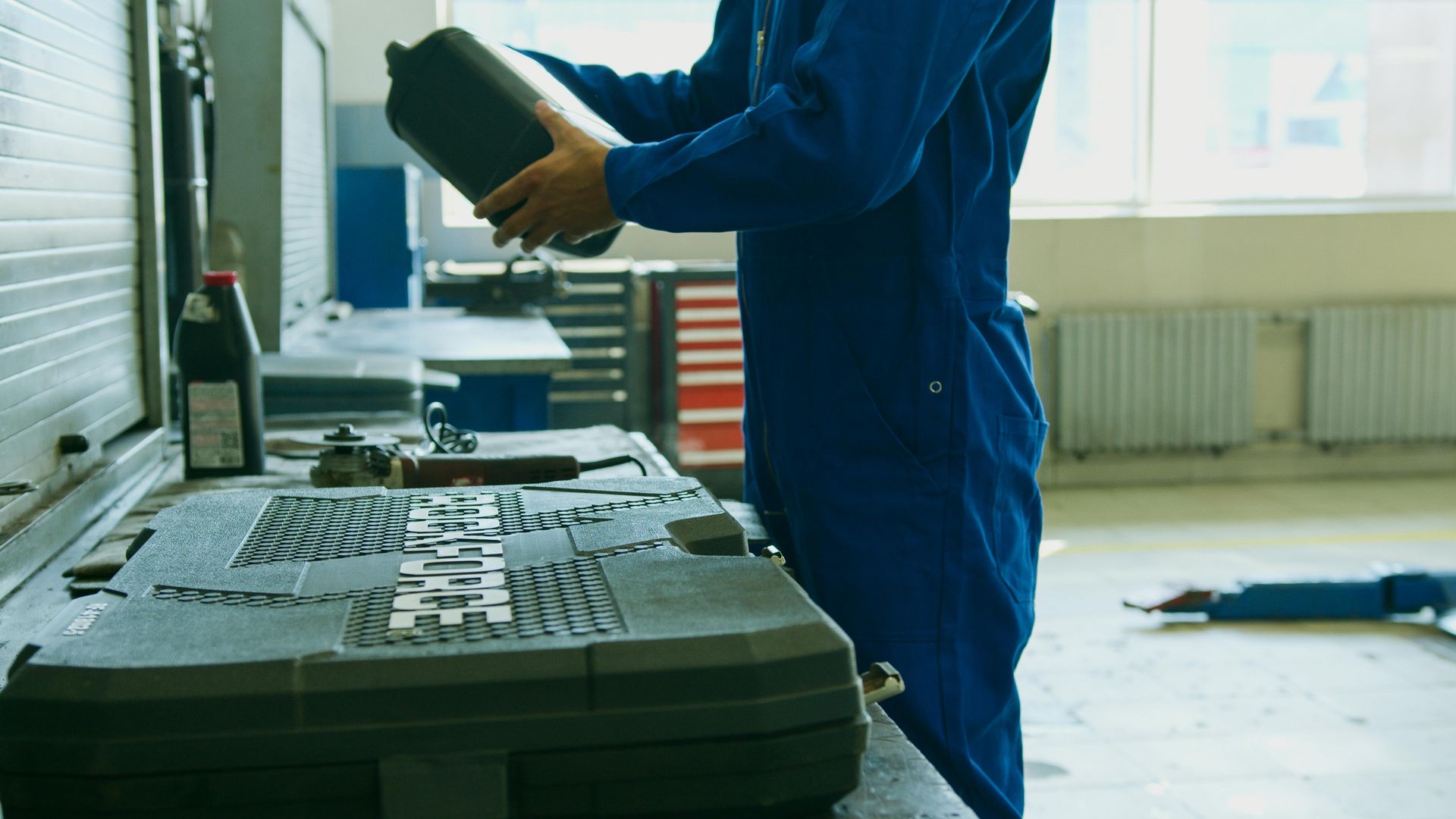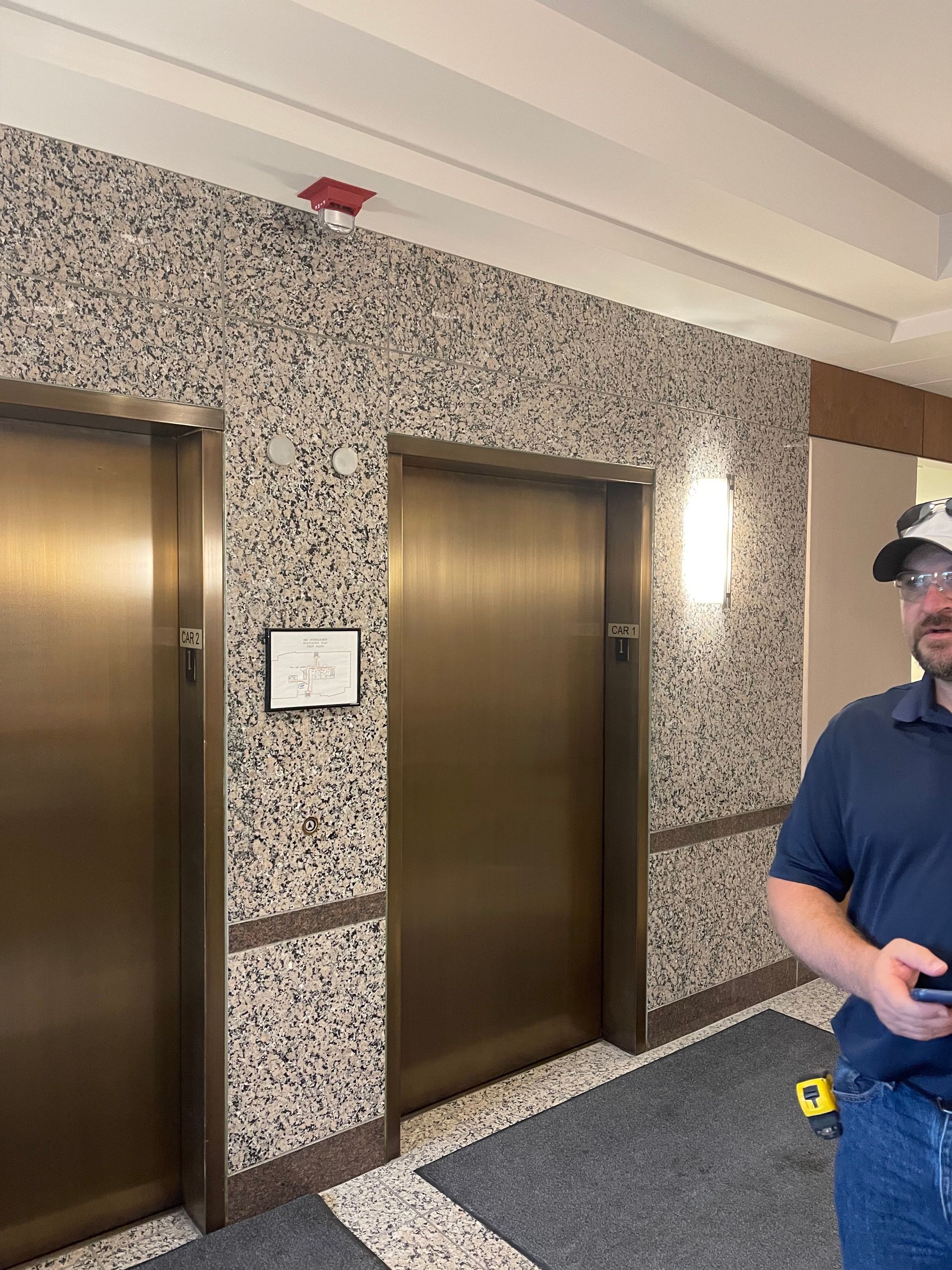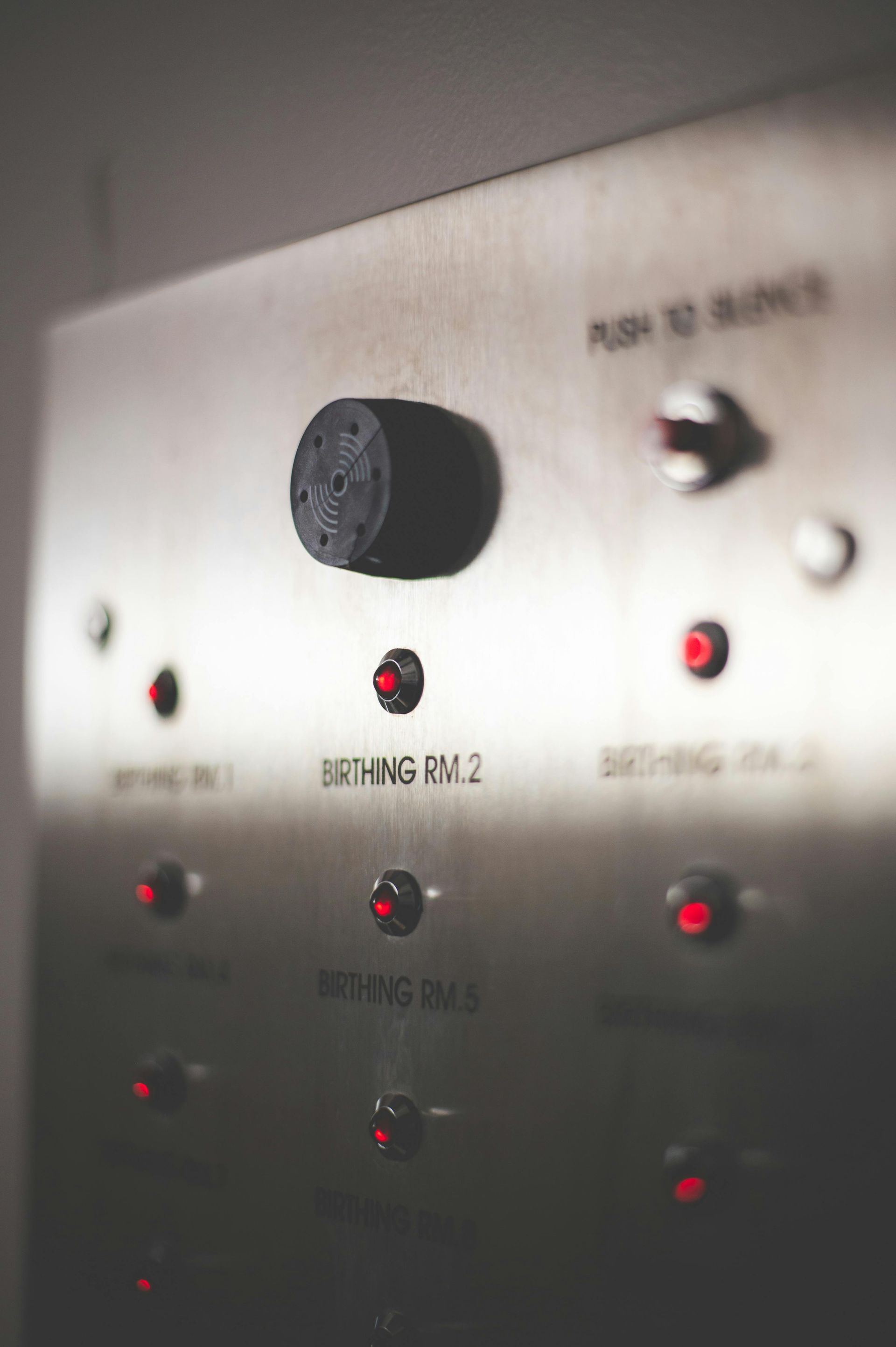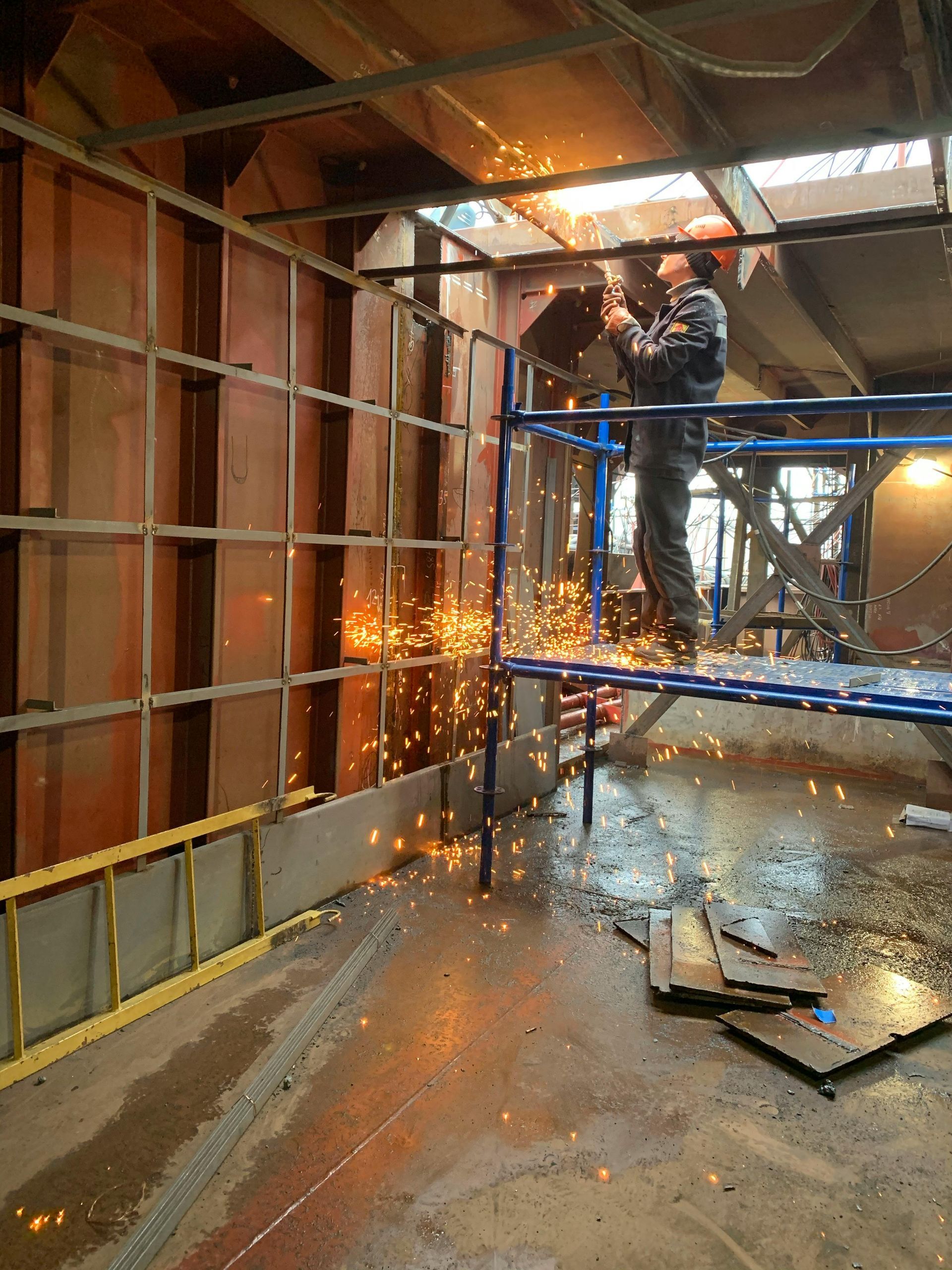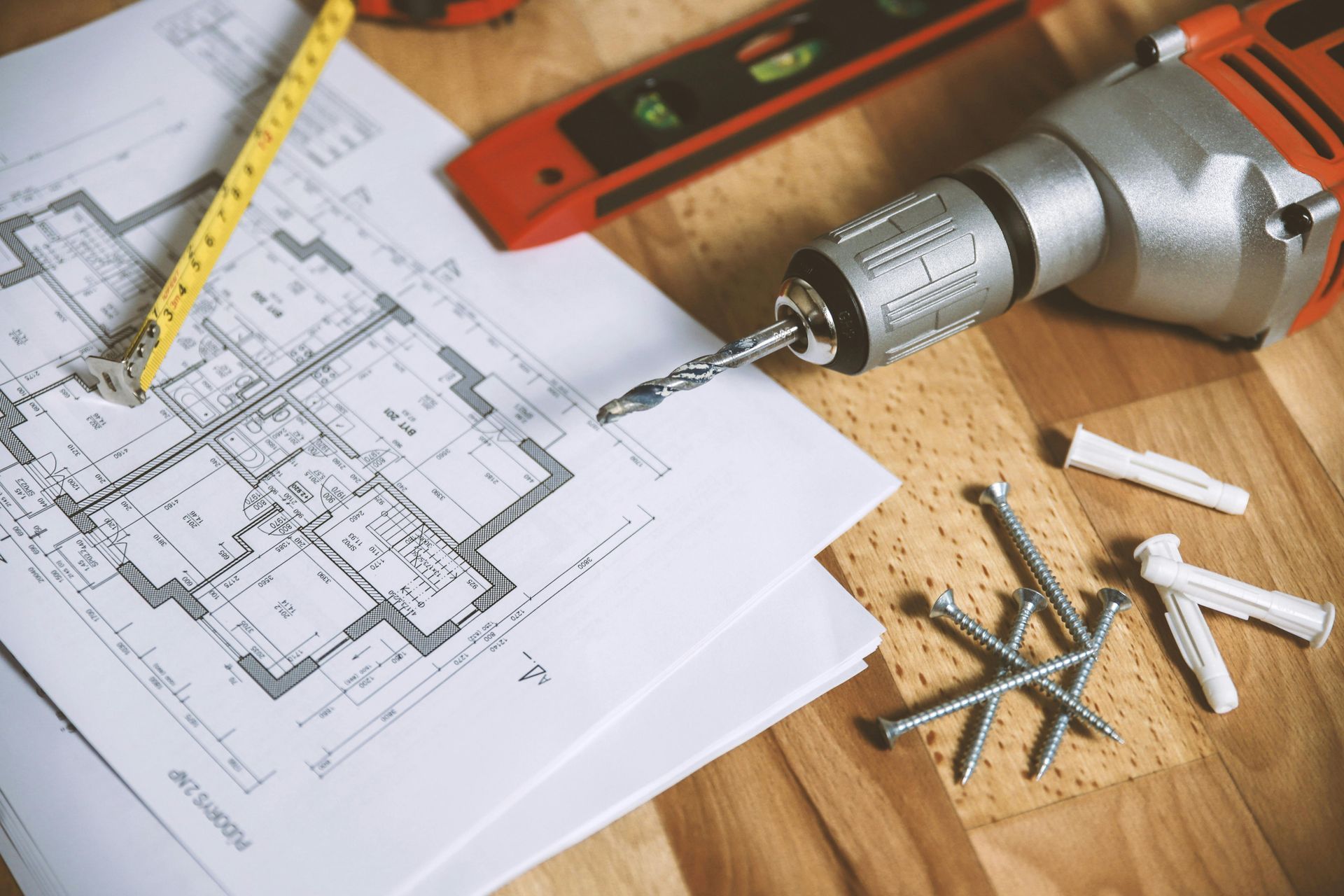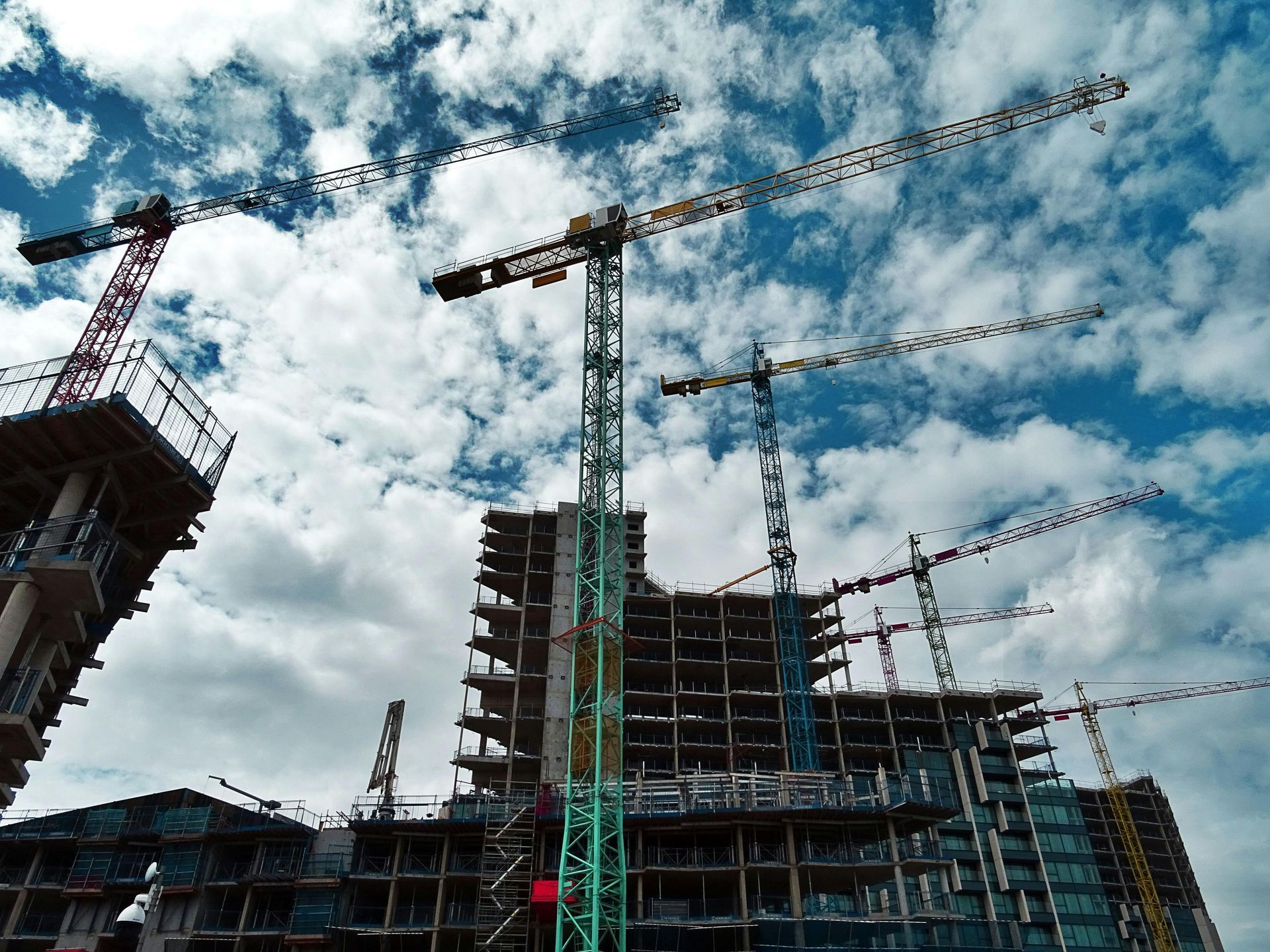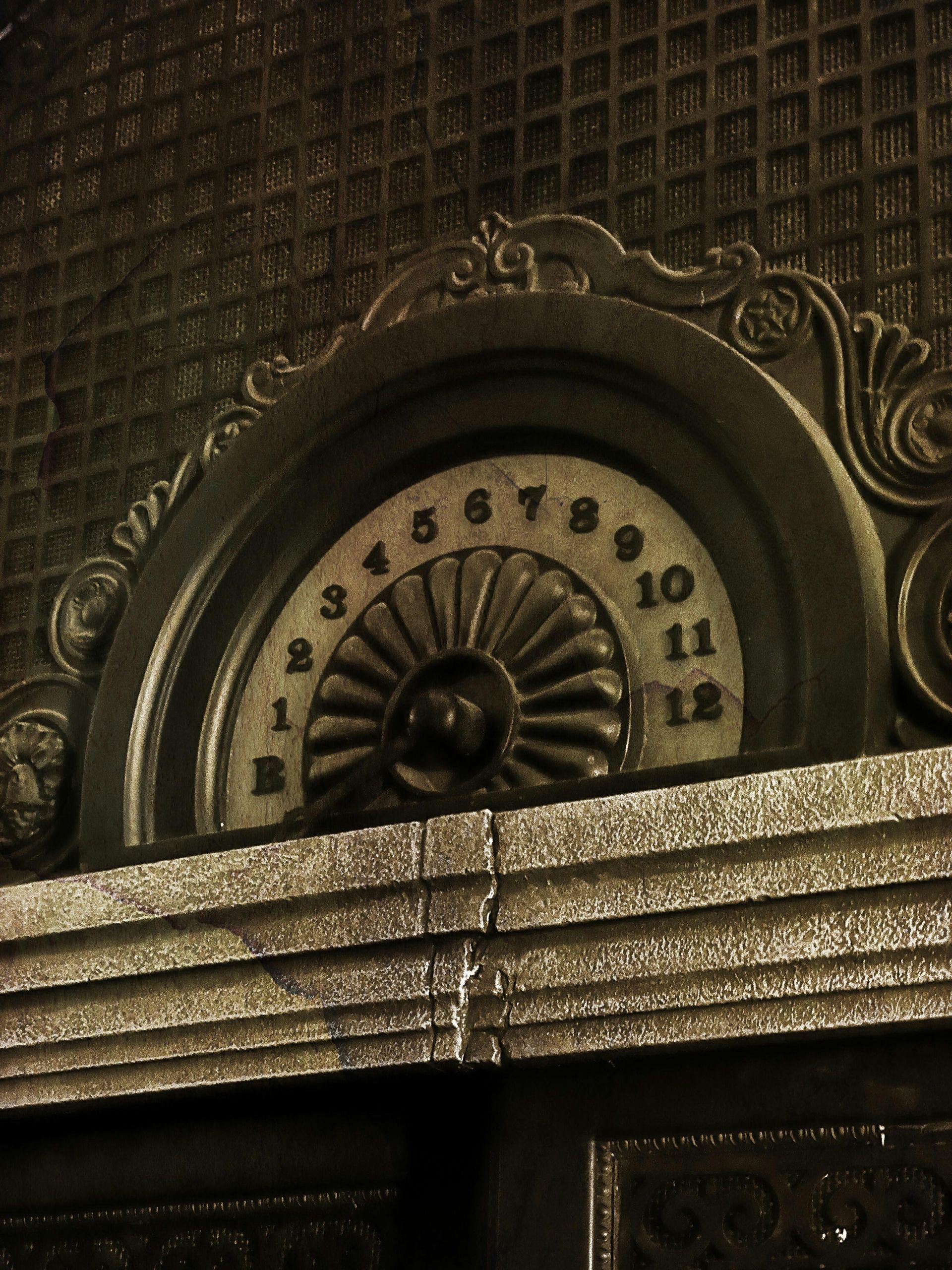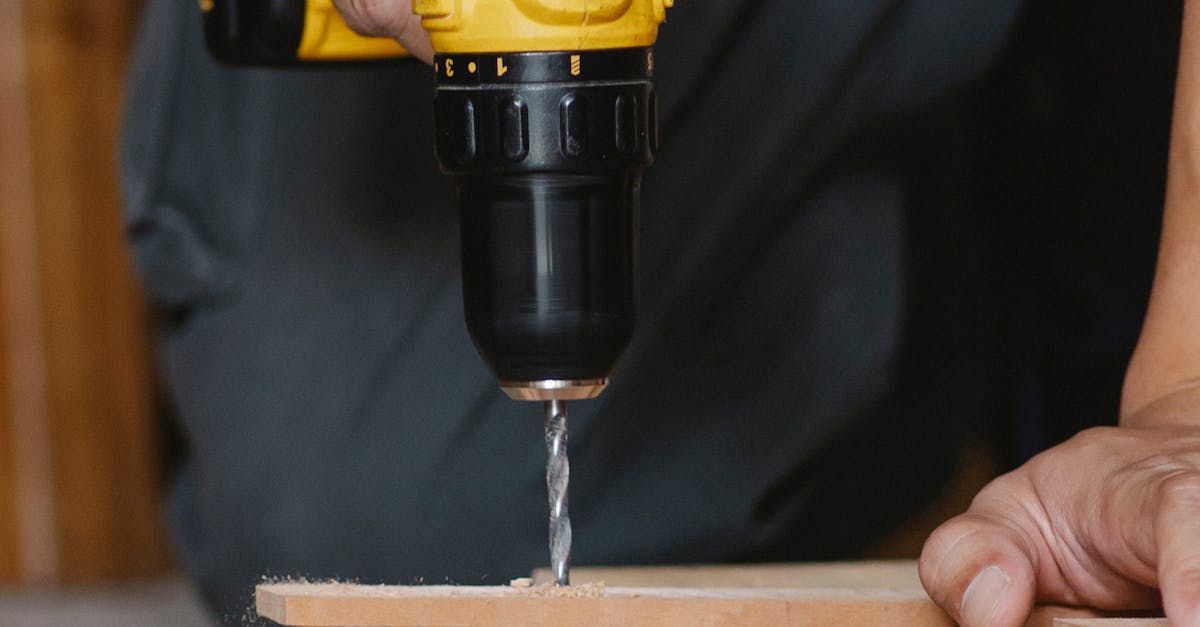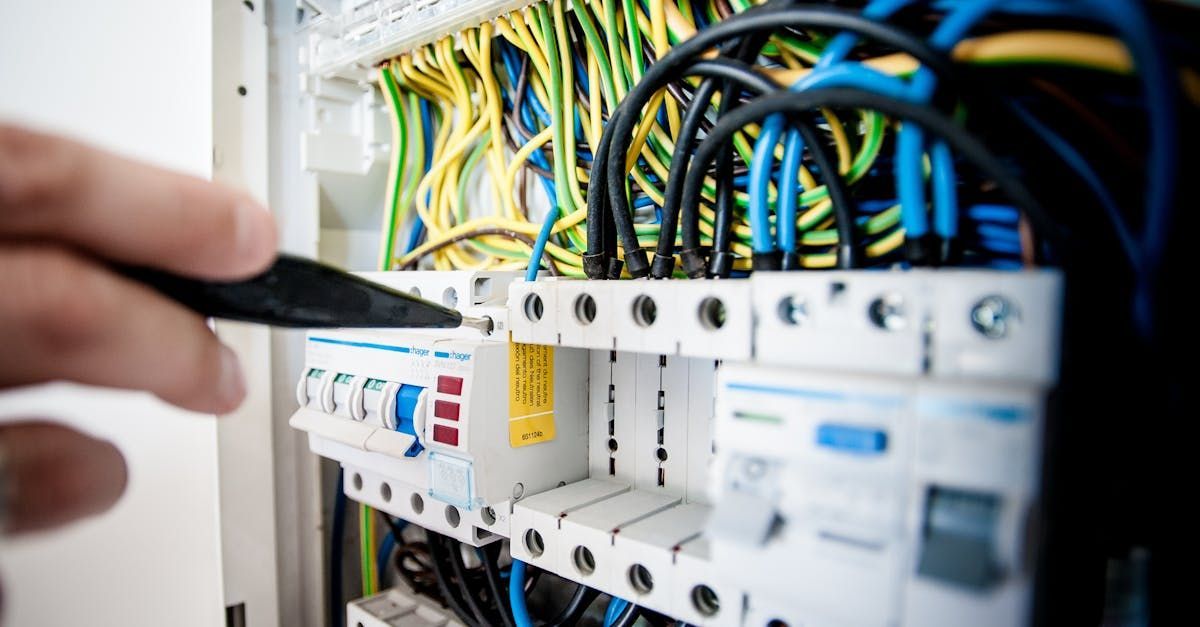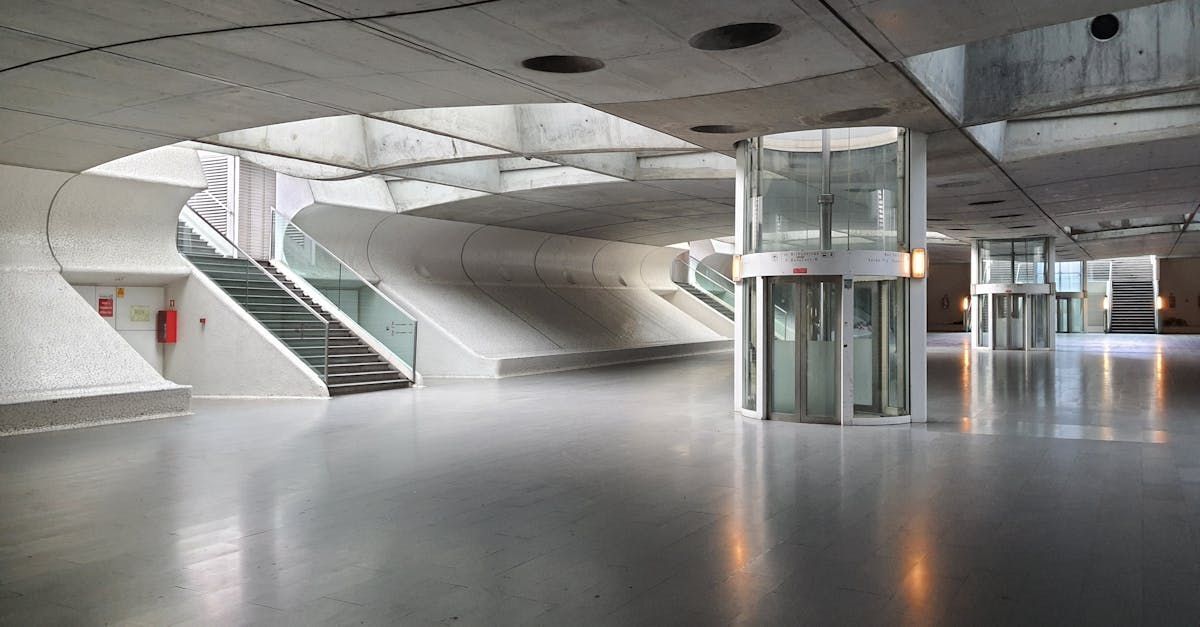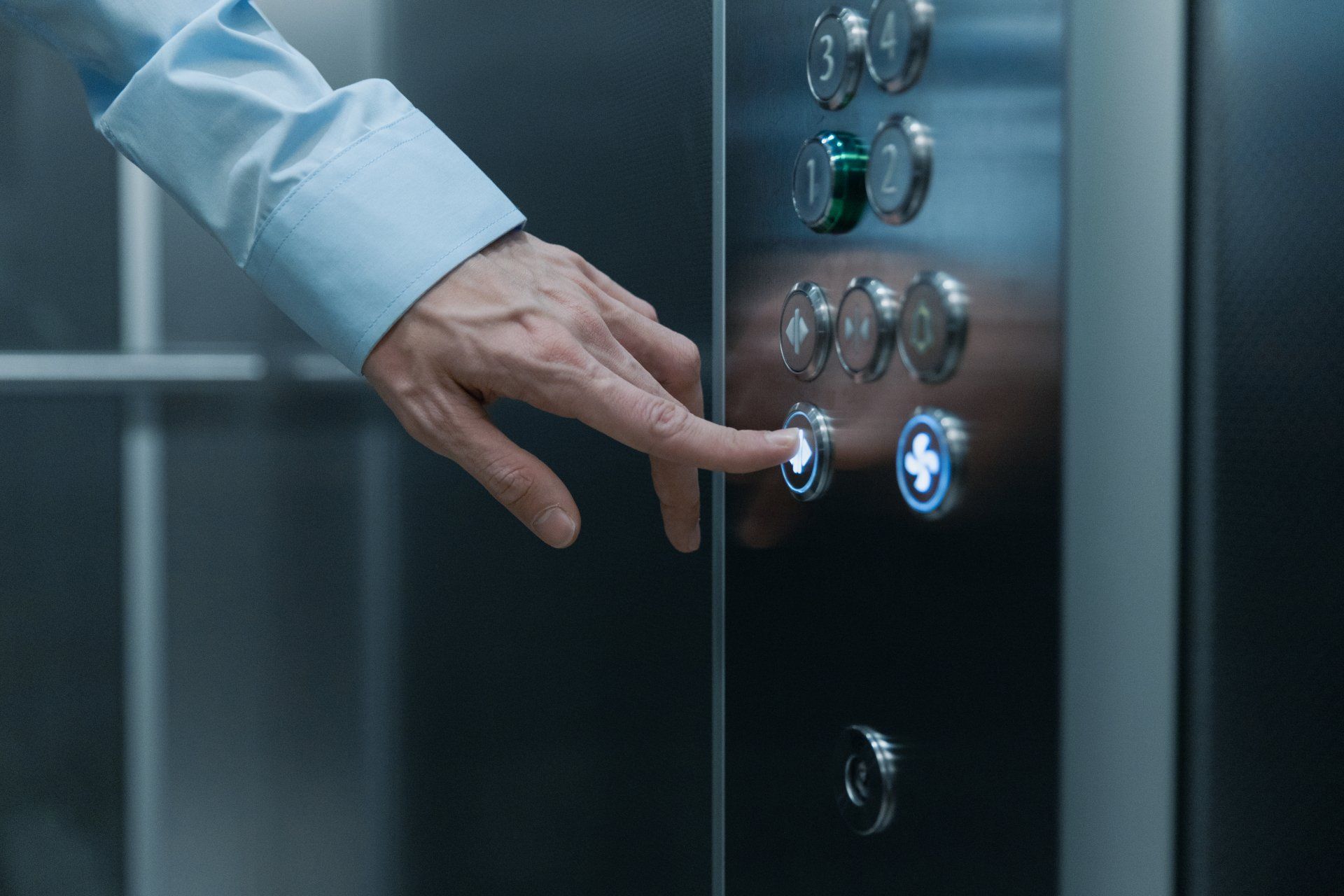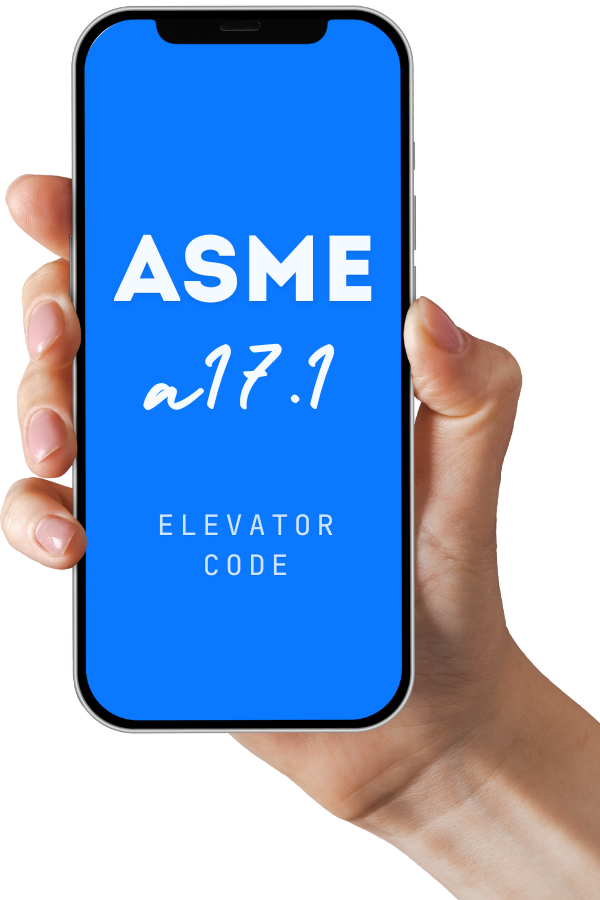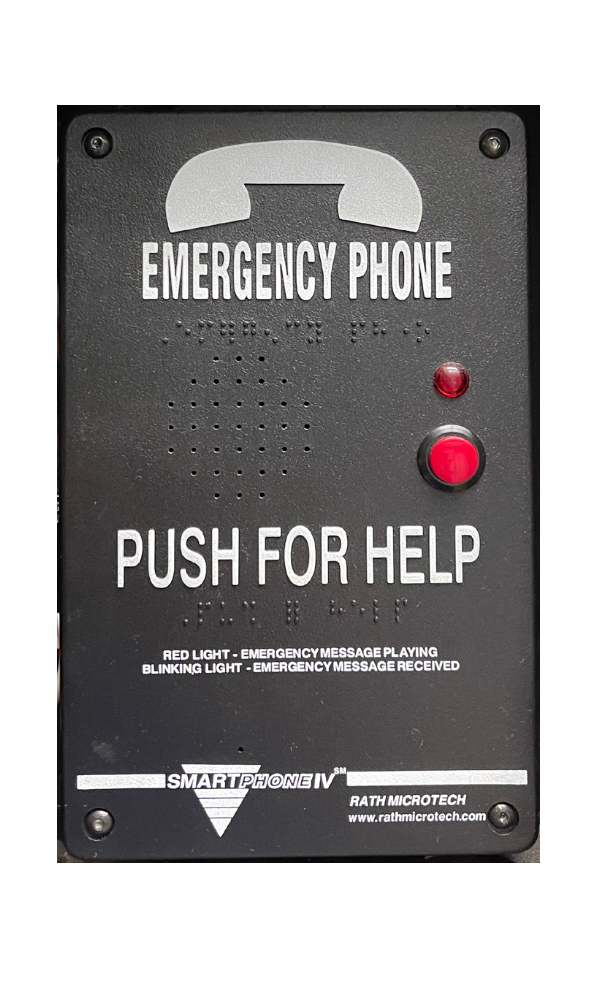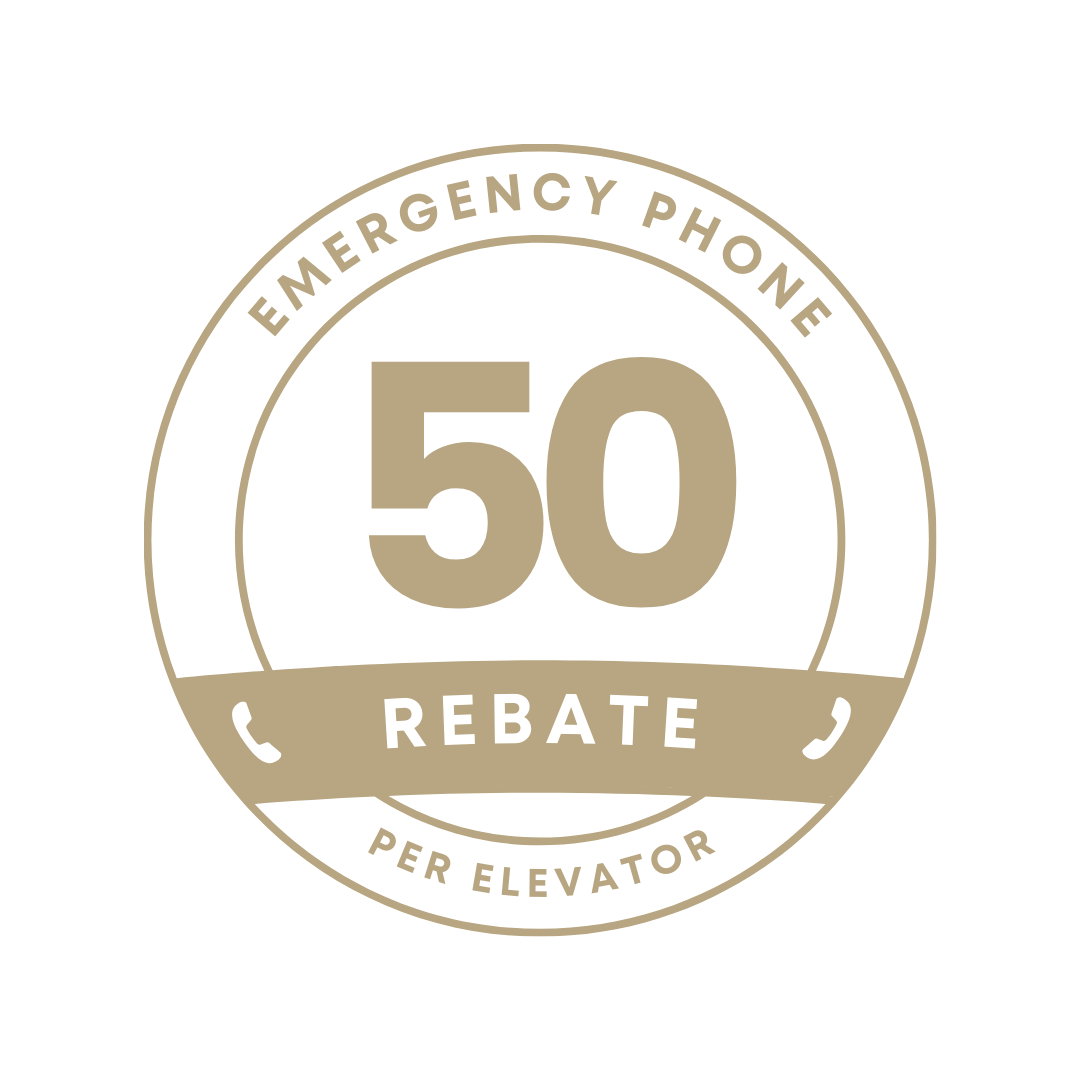Do I Need an Elevator Consultant?
How to know if you need an elevator consultant
Key Highlights
- Elevator consultants provide expertise and guidance in managing and optimizing vertical transportation systems.
- They assist in new construction projects, elevator modernization, and navigating compliance and safety regulations.
- Hiring an elevator consultant can result in cost savings, expert guidance on elevator technology and design, and risk mitigation.
- When selecting an elevator consultant, it is important to consider their technical knowledge, service offerings, and experience in the elevator industry.
Introduction
Elevators play a crucial role in the functioning of buildings, whether they are commercial, residential, or institutional. They provide vertical transportation and are essential for the smooth operation of a building. However, managing and maintaining elevators can be a complex task, requiring technical knowledge and expertise. This is where an elevator consultant comes in.
An elevator consultant is a professional who specializes in providing consulting services for vertical transportation systems. They are experts in the field and offer guidance and assistance in various aspects of elevator management, including new construction projects, elevator modernization, compliance with safety regulations, and more. By hiring an elevator consultant, building owners and property managers can ensure that their elevators are operating efficiently, safely, and in compliance with industry standards.
Understanding the Role of an Elevator Consultant
To fully understand the role of an elevator consultant, it is important to grasp the concept of vertical transportation systems. Vertical transportation systems refer to the various mechanisms used for moving people and goods vertically within a building, including elevators, escalators, lifts, and moving walkways. These systems require specialized knowledge and expertise to design, install, maintain, and manage.
An elevator consultant provides consulting services specifically tailored to vertical transportation systems. They have in-depth technical knowledge and experience in the elevator industry, allowing them to offer expert guidance and assistance to building owners, property managers, and other stakeholders.
The Basics of Elevator Consultancy
Elevator consultancy involves a range of services aimed at optimizing the performance and efficiency of vertical transportation systems. Consultants analyze the existing systems, identify areas for improvement, and provide recommendations for upgrades, maintenance, and compliance with safety regulations.
Technical knowledge is a key aspect of elevator consultancy. Consultants are well-versed in the latest technology and industry trends, allowing them to offer informed advice on elevator equipment, design, and functionality. They also stay updated with elevator codes and regulations to ensure that the systems they work with are compliant and safe.
Key Responsibilities and How They Can Help You
Elevator consultants have various responsibilities that can greatly benefit building owners and property managers. They conduct thorough evaluations of elevator equipment and systems, identify potential issues or areas of improvement, and provide recommendations for maintenance, repairs, or upgrades.
One of the key responsibilities of an elevator consultant is to perform due diligence for elevator equipment. Whether it's during the buying or selling of a building, consultants conduct evaluations to expose any neglect or code compliance issues related to elevators. This process helps building owners make informed decisions and protect their investment.
When to Consider Hiring an Elevator Consultant
Building owners and property managers should consider hiring an elevator consultant in various scenarios. Whether it's a new construction project, elevator modernization or upgrades, or navigating compliance and safety regulations, an elevator consultant can provide valuable expertise and guidance throughout the process.
During New Construction Projects
During new construction projects, an elevator consultant can play a crucial role in ensuring the smooth installation and functioning of elevators. They work closely with architects, developers, and building owners to determine the best elevator design, location, and technology for the building. Consultants also provide project management services to oversee the installation process and ensure compliance with elevator codes and regulations.
For Elevator Modernization and Upgrades
Elevator modernization is an essential aspect of maintaining and improving the performance of elevators. An elevator consultant can assist building owners in evaluating the current state of their elevators, identifying areas for improvement, and recommending upgrades to enhance efficiency, safety, and aesthetics.
Navigating Compliance and Safety Regulations
Compliance with safety regulations and elevator codes is crucial for the safe operation of elevators. However, staying updated with the ever-changing regulations and codes can be challenging for building owners and property managers. An elevator consultant can help navigate these complexities by providing expert knowledge and guidance on compliance, ensuring that elevators meet all safety standards and regulations.
Benefits of Engaging an Elevator Consultant
Engaging an elevator consultant can provide several benefits to building owners and property managers, including cost savings, expert guidance on elevator technology and design, and risk mitigation.
Cost Savings and Budget Management
By conducting thorough evaluations of elevator equipment and systems, elevator consultants can identify potential issues or areas of improvement that can result in cost savings. They provide recommendations for maintenance, repairs, or upgrades that can optimize elevator performance and reduce long-term costs. Additionally, consultants can assist in budget management by providing accurate cost estimates for maintenance, repairs, or modernization projects.
Expert Guidance on Elevator Technology and Design
Elevator consultants possess in-depth knowledge of the latest elevator technology and design trends. They can provide expert guidance on selecting the most suitable elevator equipment, design, and functionality for a building. This ensures that the elevators meet the specific needs and requirements of the building, resulting in improved performance and user experience.
Risk Mitigation and Quality Assurance
Elevator consultants have extensive experience in the elevator industry, which enables them to identify potential risks and provide effective risk mitigation strategies. They conduct thorough evaluations of elevator equipment, systems, and maintenance practices to ensure compliance with safety standards and industry best practices. This helps building owners and property managers mitigate the risk of accidents or breakdowns, ensuring the safety and reliability of their elevators.
Selecting the Right Elevator Consultant
Selecting the right elevator consultant is crucial to ensure the success of elevator projects and optimize elevator performance. Building owners and property managers should consider several factors when choosing a consultant, including their technical knowledge, service offerings, and experience in the elevator industry.
What to Look for in a Consultant
When selecting an elevator consultant, it is important to consider their technical knowledge and expertise in the field. They should have a deep understanding of elevator technology, codes, regulations, and industry best practices. Additionally, the consultant should offer a comprehensive range of services, including elevator audits, due diligence evaluations, modernization recommendations, and maintenance management. It is also beneficial to choose a consultant with extensive experience in the elevator industry and a track record of successful projects.
Questions to Ask Potential Consultants
If you're considering hiring an elevator consultant, it's important to ask the right questions to ensure they are the right fit for your needs. Here are a few questions you can ask potential consultants:
- What is your experience in the elevator industry? It's crucial to choose a consultant with extensive experience in elevator maintenance, modernization, and repairs.
- Can you provide references from previous clients? Checking references will give you insight into the consultant's track record and client satisfaction.
- What services do you offer? Make sure the consultant offers the specific services you require, such as elevator audits, maintenance consulting, or modernization expertise.
- How do you stay up-to-date with industry changes and codes? The elevator industry is constantly evolving, so it's important to choose a consultant who stays informed about new technology, code requirements, and industry best practices.
- What is your approach to cost reduction and efficiency? A good consultant should have strategies in place to help you reduce elevator costs in the long run and improve the efficiency of your vertical transportation systems.
Common Misconceptions About Elevator Consultants
There are some common misconceptions about elevator consultants that may prevent building owners from seeking their expertise. Let's debunk these misconceptions and explore the valuable role elevator consultants can play:
- Misconception 1: "I don't need an elevator consultant because my elevator contractors handle all maintenance." While elevator contractors may handle day-to-day maintenance, an elevator consultant provides an independent assessment of the contractor's performance and ensures they meet the terms of their contracts. Consultants also bring technical knowledge and experience to handle complex issues that may arise.
- Misconception 2: "Elevator consultants are expensive and not worth the investment." Hiring an elevator consultant can actually save you money in the long run. They can identify areas of cost reduction, prevent costly breakdowns, and improve the efficiency of your elevator systems, leading to long-term savings.
- Misconception 3: "I can handle elevator maintenance and modernization on my own." While building owners may have some knowledge of elevators, elevator consultants bring extensive experience and specialized expertise. They have a deep understanding of the elevator industry, codes, and regulations, ensuring compliance and optimal performance.
- Misconception 4: "Elevator consultants only benefit large buildings or high-rise structures." Elevator consultants can benefit buildings of all sizes. Whether you have a small office building or a large hospital, consultants can help optimize elevator performance, reduce costs, and ensure the safety of occupants.
- Misconception 5: "Elevator consultants only focus on maintenance." While maintenance is an important aspect, elevator consultants offer a range of services including audits, modernization recommendations, new construction specifications, and traffic analysis. They provide comprehensive solutions tailored to your specific needs.
Debunking Myths and Clarifying Doubts
Let's debunk some common myths and clarify doubts about elevator consultants in the industry:
- Myth 1: "Elevator consultants are unnecessary because elevator contractors have technical expertise." While elevator contractors have technical expertise, their primary role is to perform regular maintenance and repairs. Elevator consultants provide independent assessments, ensure contractual compliance, and offer specialized knowledge in areas such as modernization and code compliance.
- Myth 2: "Elevator consultants only provide recommendations, but don't implement solutions." While consultants do provide recommendations, they can also assist in implementing solutions. They work closely with elevator contractors, overseeing projects and ensuring that recommended changes are properly executed.
- Doubt 1: "Will hiring an elevator consultant disrupt my current elevator operations?" Hiring an elevator consultant should not disrupt your current operations. They work alongside your existing elevator contractors to optimize performance and identify areas for improvement.
- Doubt 2: "How long does it take to see results from hiring an elevator consultant?" The timeline for seeing results will vary depending on the specific needs of your building. However, with the expertise of an elevator consultant, you can expect to see improvements in elevator performance, cost reduction, and compliance with regulations in a reasonable timeframe.
Conclusion
Elevator consultants play a crucial role in ensuring the safety, efficiency, and compliance of elevator systems. Whether it's during new constructions, modernization projects, or navigating complex regulations, their expertise can save you time and money in the long run. By engaging an elevator consultant, you benefit from cost savings, expert guidance on technology, and risk mitigation. When selecting a consultant, look for experience, industry knowledge, and a proven track record. Don't fall for misconceptions; instead, seek clarifications through insightful questions. Hiring an elevator consultant is an investment in the smooth operation and longevity of your elevator systems.




